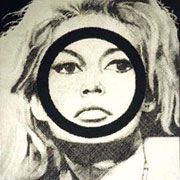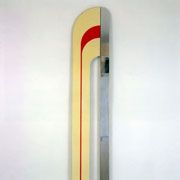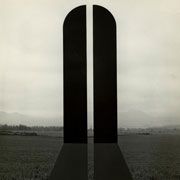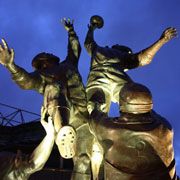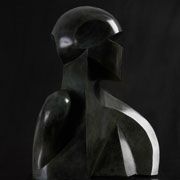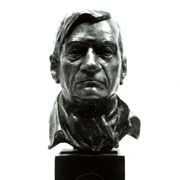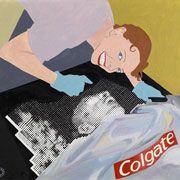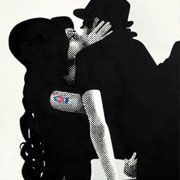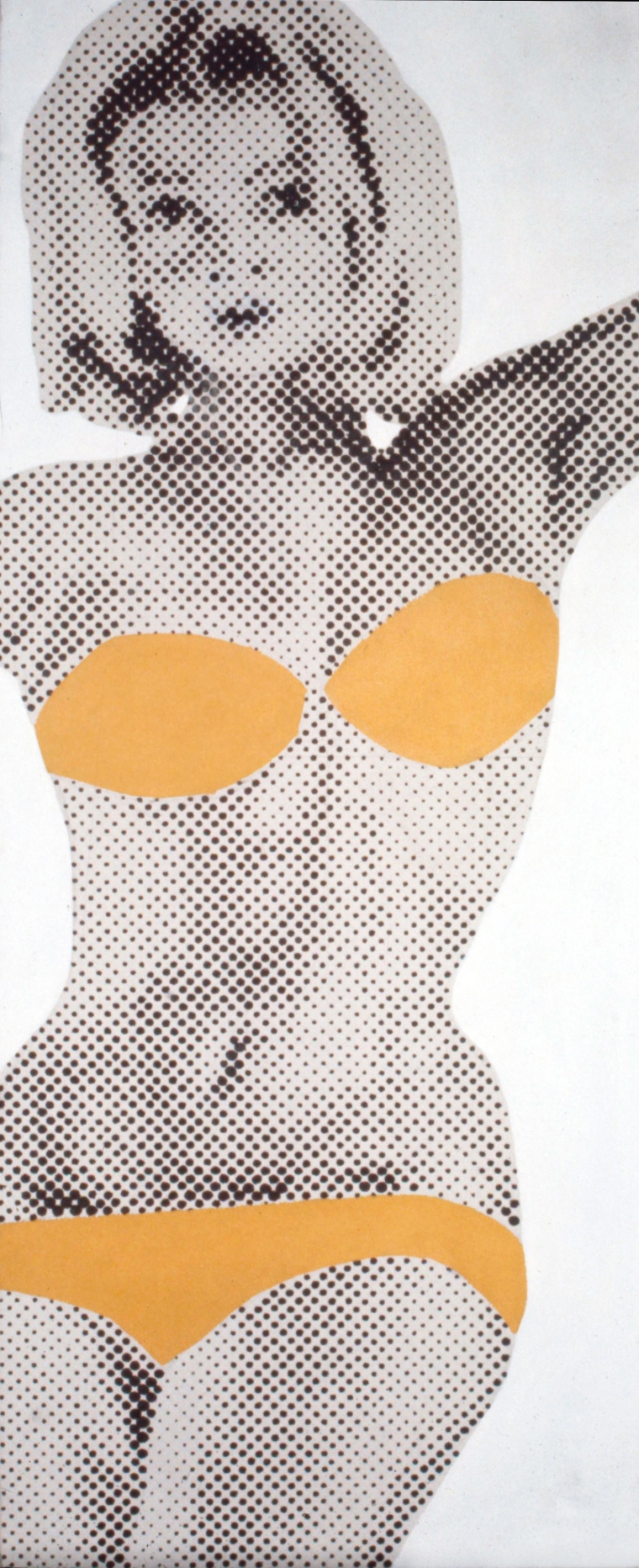
Catalogue Raisonné. Starlet II
Search the Catalogue
Starlet II
Catalogue No. 14
Artist's CR 011
1963
New York
Oil on canvas
50 x 20 inches / 127 x 51 cm
Collection: Private collection
- (The Fine Art Society)
- Private collection
- First International Girlie Show, Pace Gallery, New York, 1964
- Space, Speed, Sex: Works from the early 1960s by Gerald Laing, Hazlitt Holland-Hibbert, London, 2006
- Source and Stimulus: Polke, Lichtenstein, Laing, Lévy Gorvy, London, London, 2018
- Gerald Laing, 'Aspen Notebook', unpublished manuscript, 1966
- Space, Speed, Sex: Works from the early 1960s by Gerald Laing, exhibition catalogue, Hazlitt Holland-Hibbert, 2006
These paintings [Starlet I and Starlet II], the precursors of a series of figure studies, are more accomplished solutions of the same problems which were posed earlier in that first half-tone painting, Lolita Through the Keyhole. They combine a more methodical and confident use of dots combined with the area of flat colour which were present from Navy Pilot onwards. The spacial ambiguity of the flat colour in conjunction with the half-tone areas seems more marked where the subject is a news-naked figure.
It is interesting to note that these first figure-paintings were done at a time when I was dutifully, as part of my academic training, daily during term time, painting from the nude model. Discoveries made while executing these purely ‘academic’ studies were of course of enormous value when approachhing the half-tone figures.
Starlets I and II were produced at a time of near-monastic seclusion in N.Y., partially self-inflicted and partially per force. They are in fact extremely sensual in both conception and, more particularly, in execution, in spite of the tidy mass-image sexuality with which they deal. The brisk sanitary perfection of the young girls is in some way echoed by the organic technique; the organic body is formalised in this way. Also, just as the pilot and driver are formalised by their accoutrements, so are these girls formal images; chosen as a type and wearing their uniform of nudity which displays the uniformity of their young bodies.
'Aspen Notebook', Gerald Laing, unpublished manuscript, 1966

